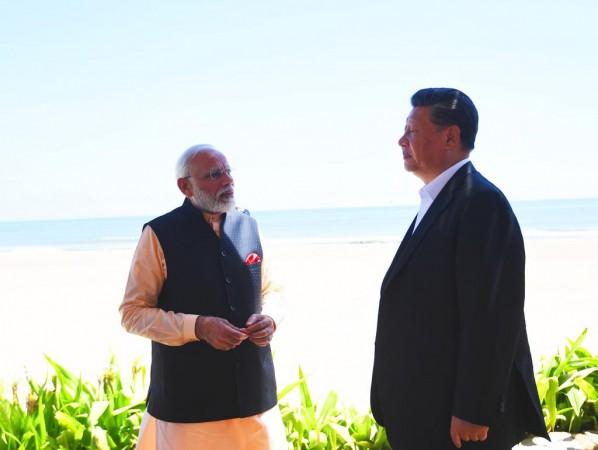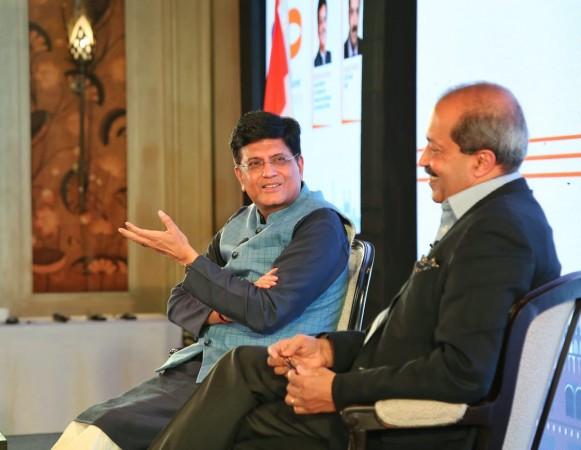
There is considerable opposition in some quarters in India to the country joining the China-led multilateral free trade agreement known as the Regional Comprehensive Economic Partnership (RCEP). While it is said that the deal will help the country's trade blossom, there are others who point to specific sectors and agriculture that will be badly affected. The RCEP is the expansion of the 10-member Association of Southeast Asian Nations (ASEAN) grouping by drawing in its free trade agreement (FTA) partners.
The original ten members of the ASEAN bloc are Indonesia, Thailand, Malaysia, Singapore, the Philippines, Vietnam, Myanmar, Cambodia, Laos, and Brunei (in that order by nominal GDP). ASEAN FTA partners are China, Japan, India, South Korea, Australia, and New Zealand.
We do not know what was discussed in Wuhan or Mamallapuram but we can see the results, there will be liberalization in imports from China."
The 16-member RCEP initially conceived in 2012, is be the world's largest trade bloc covering a population of 3.4 billion and supporting an economy of $24.3 trillion GDP ($49.5 trillion GDP on purchasing power parity) or 40 percent of global GDP (nominal). After US President Donald Trump took the US out of the Trans-Pacific Partnership (TPP) in January 2017, some believe the RCEP has a more realistic chance of becoming a big success. The involvement of Asia's three biggest economies in China, Japan and India make the partnership even more attractive.
Opposition beyond politics
Political circles believe that Prime Minister Narendra Modi's meeting with Chinese President Xi Jinping in Mamallapuram in Tamil Nadu earlier this month to pick up the thread after their Wuhan meeting has given new energy to the RCEP.

However, the Congress party has opposed India joining the RCEP, saying it would be the third biggest blow to the economy after the demonetization in November 2016 and the Goods and Services Tax (GST) on July 2017.
Congress leader Jairam Ramesh has said signing the agreement would result in the Indian market getting flooded by Chinese imports further skewing the trade balance with the northern neighbour, according to a report in the Economic Times. "After demonetization and GST, it will be the third big jolt to our economy when the Prime Minister goes to Bangkok the next month and expresses India's agreement to Regional Comprehensive Economic Partnership," he said. He cautioned that agreement would kill the 'Make in India' initiative. "RCEP will result in the liberalization of imports from China. We do not know what was discussed in Wuhan or Mamallapuram but we can see the results, there will be liberalization in imports from China."
The opposition to the deal that is likely to be signed next month is not limited to political leaders. RS Sodhi, managing director of dairy major Amul group, has written to Commerce Minister Piyush Goyal raising arguments against the deal.

















